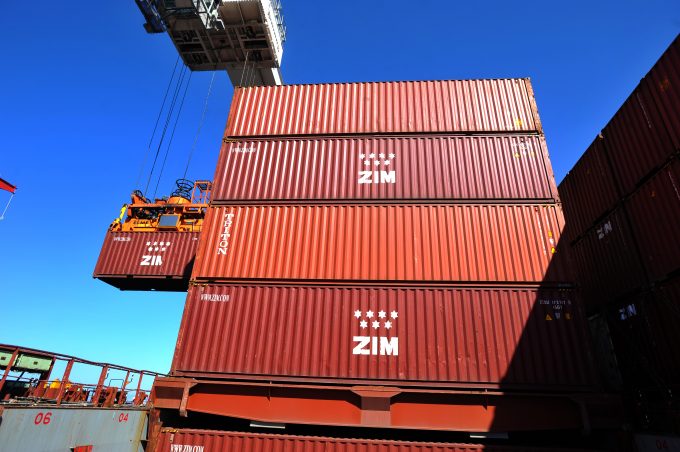Logistics losers and winners – trucking and shipping – but the tide may turn
Road freight stakeholders are currently “the losers” in logistics – in stark contrast to their ...

Chinese e-commerce giant Alibaba is set to deepen its cooperation with the port community, signing up to the International Port Community Systems Association’s (IPCSA) Bill of Lading (B/L) blockchain project.
The two organisations are founding members of the Logistics Visibility Task Force, along with Alibaba’s in-house logistics operator Cainiao Network, China’s National Logistics Information Platform (LOGINK), which so far has focused on track and trace but is being expanded to developing blockchain solutions.
IPCSA’s blockchain B/L initiative is being led by member ...
Maersk u-turn as port congestion increases across Northern Europe
Apple logistics chief Gal Dayan quits to join forwarding group
Maersk Air Cargo sees volumes fall as it aims for 'margin in favour of revenue'
Airlines slash freighter capacity post-de minimis, but 'the worst is yet to come'
Houthis tell Trump they will end attacks on Red Sea shipping
Transpac rates hold firm as capacity is diverted to Asia-Europe lanes
MSC revamps east-west network as alliance strategies on blanking vary
India-Pakistan 'tit-for-tat' cargo ban sparks sudden supply chain shocks


Comment on this article